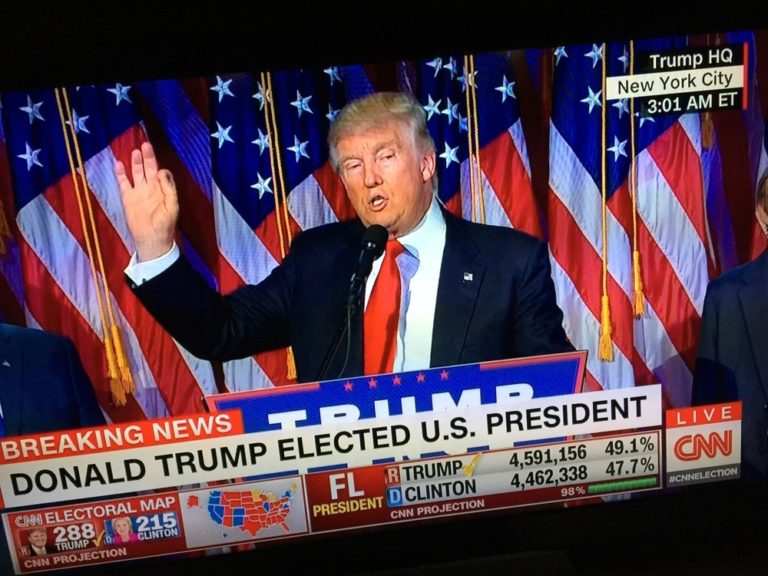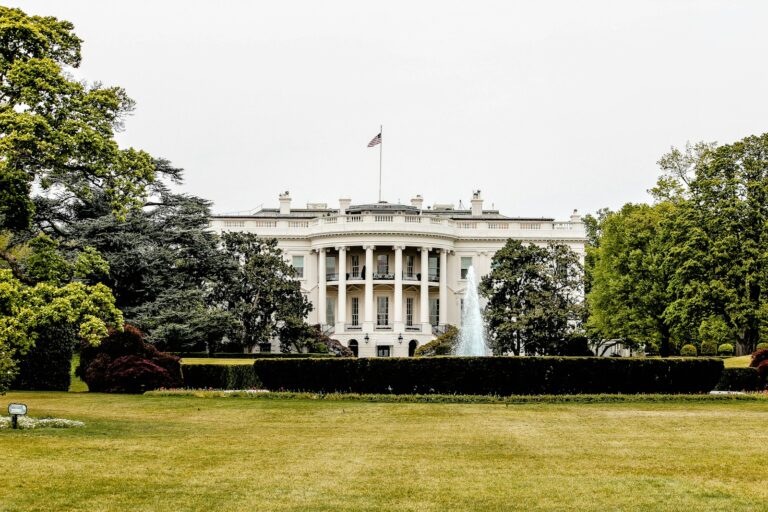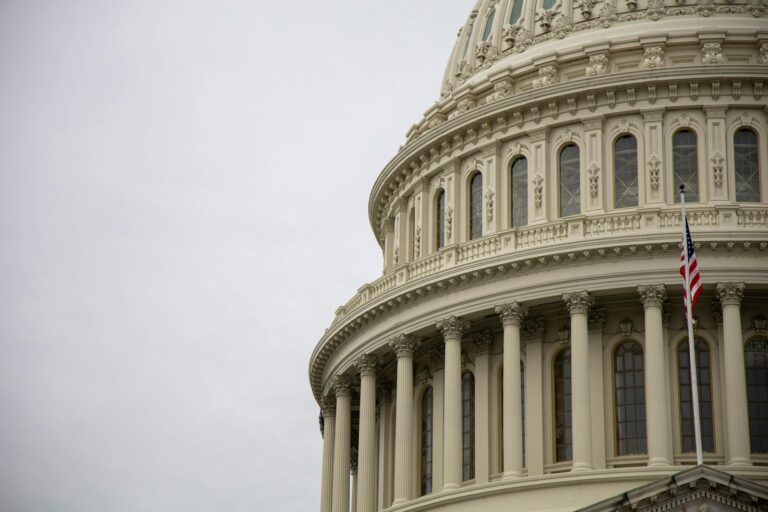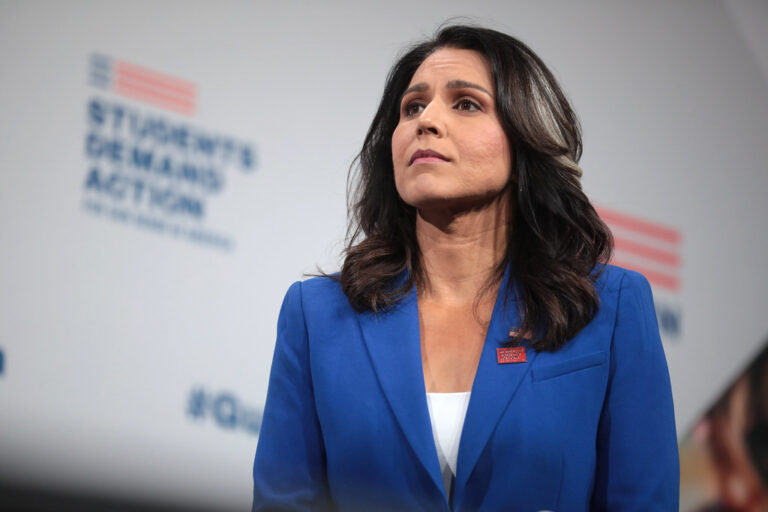Key Takeaways
– CNN reporter saw a baby die from malnutrition in Afghanistan
– Representative insists US must stop borrowing for foreign aid
– He says his duty rests only with American citizens
– He remains firm despite moral concerns over a 20 year war
Introduction
CNN correspondent Isobel Yeung traveled to Afghanistan to report on the effects of recent foreign aid cuts. While she was there she witnessed clinics close and a baby die from malnutrition. She then confronted Representative Tim Burchett about the human cost of his policy. Yet he stood by his decision and said he had no obligation beyond serving his own district. The tense exchange highlights a sharp divide over America’s role abroad and the moral questions left unanswered.
Reporter Faces a Harsh Reality
First, Yeung visited remote health clinics across Afghanistan. Hundreds have shut down since Congress cut funding. Then she watched a baby struggle for air and die of starvation. She described the scene in stark detail as she spoke to Burchett later in Washington. The pain and loss she witnessed weighed heavily on her. She hoped he would show some empathy or reconsider his stance. However, he remained firm.
Demanding Accountability
Next, Yeung asked the congressman if he felt any moral responsibility for actions he advocated. She pointed out that the US fought a two decade war in Afghanistan. Therefore many felt an ongoing duty to help. In response, Burchett said he felt horror at the suffering but insisted it was not caused by him or his colleagues. He claimed the nation had no more money to give. He argued that borrowing for foreign aid hurt Americans at home.
Representative’s Argument Against Aid
Burchett explained that every dollar sent overseas is borrowed from future generations. He added that Americans in his own district go hungry and struggle with medical bills. Thus he believed the government should focus on domestic needs instead of foreign ones. He denied any effort to mislead the public about the scale of funding cuts. Yet he refused to address the human cost in Afghanistan beyond saying it was tragic.
Moral Questions Ignored
Meanwhile, millions of Afghans face hunger and disease. Many live in areas where the local Taliban controls basic services. They rely on international aid to survive. Without clinics they cannot get vaccines or basic health care. Children suffer most. Malnutrition rates have soared. For many observers these outcomes are the direct result of cutting aid. Yet the congressman would not accept this link.
He insisted his only duty was to constituents back home. He said America must stop taking on debt for foreign missions. He pointed out that some US citizens also struggle to feed their children. Therefore borrowing more money to send abroad would hurt Americans in his district. This argument resonated with some of his supporters but upset many others who see a global responsibility.
Contrasting Views on National Duty
On one hand many lawmakers argue that America has a duty to help those in need. They point to the war in Afghanistan as a reason to provide ongoing support. After twenty years of military engagement, these critics say, the US cannot simply walk away. On the other hand representatives like Burchett believe the government should prioritize taxpayers at home. They claim limited resources demand tough choices and that foreign aid rarely helps the people it is meant to serve.
Real World Consequences
As a result of funding cuts, hospitals have closed. Doctors have left the country. Clinics that treated women during childbirth are gone. Supplies of medicine dried up weeks ago. According to local health workers hundreds of thousands of children now face malnutrition. Without proper care many will not survive until next season. These are more than statistics. They represent lives lost and communities devastated.
Meanwhile, American families face their own struggles. Health care costs have risen. Schools need more support. Infrastructure crumbles in many regions. Lawmakers like Burchett argue that addressing these needs must come first. They warn that adding foreign aid on top of domestic spending risks financial ruin. This debate has gone on for decades with no easy solution.
A Reporter’s Emotional Plea
During the Congressional confrontation Yeung spoke with passion. She pleaded for a human response. She reminded Burchett of the baby she saw die. She described a mother’s tears as she held her lifeless child. Yet the congressman offered no apology. He said it was not his fault and that Afghan families would have to fend for themselves.
After the exchange Yeung said she felt stunned. She had hoped a personal story might break through political barriers. However, Burchett stayed unmoved. He stuck to his plan to block further aid. For her this was proof that understanding the human impact of policy remains a challenge in Washington.
Broader Impact on US Foreign Policy
Therefore this confrontation is more than a one on one fight. It reflects a larger shift in US foreign policy. A growing number of Americans question the value of spending billions overseas. They worry about debt levels and domestic priorities. Yet critics warn that abandoning allies and vulnerable populations carries risks too. They fear destabilizing regions abandoned by the world’s largest economy.
Thus the debate continues. Will America still see itself as a global helper or retreat into isolation? Will lawmakers like Burchett gain more support or face backlash? Can human stories change policy? These questions linger as Afghan families struggle to survive and Congress remains divided.
Conclusion
Ultimately the exchange between the reporter and the congressman reveals deep divides over morality and responsibility. Yeung shared firsthand evidence of human suffering. Meanwhile Burchett defended his belief that US leaders must put national interests first. As a result millions of vulnerable people remain caught in the middle. Moving forward Congress must weigh both domestic needs and the costs of abandoning those who depend on America’s help. Only time will tell if human stories can overcome political lines and shape a more compassionate policy.










